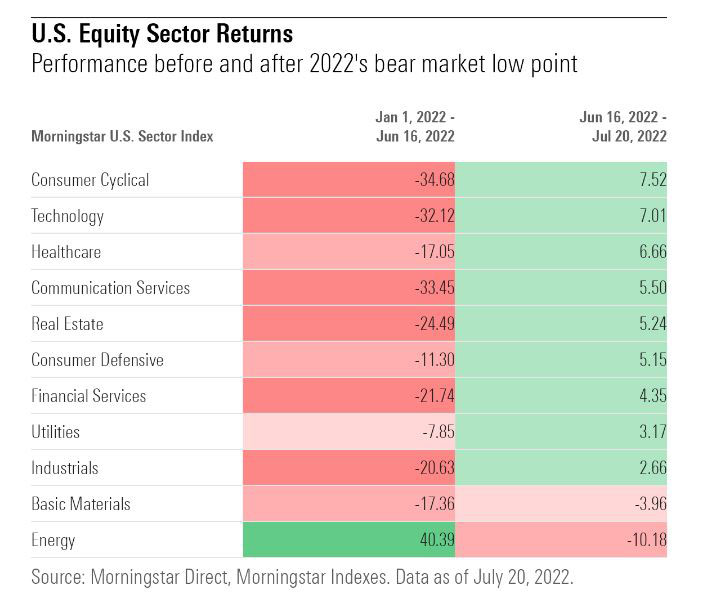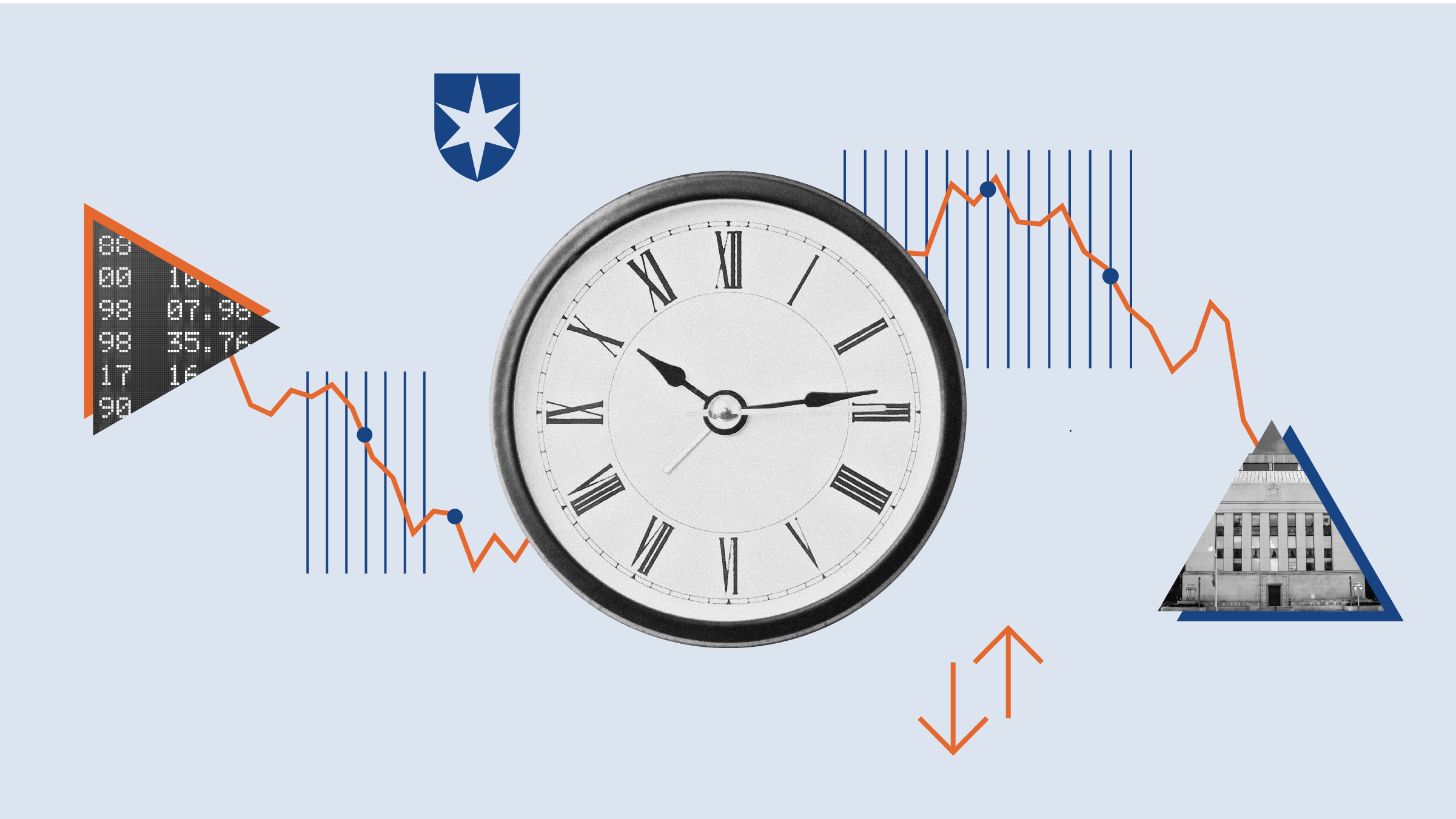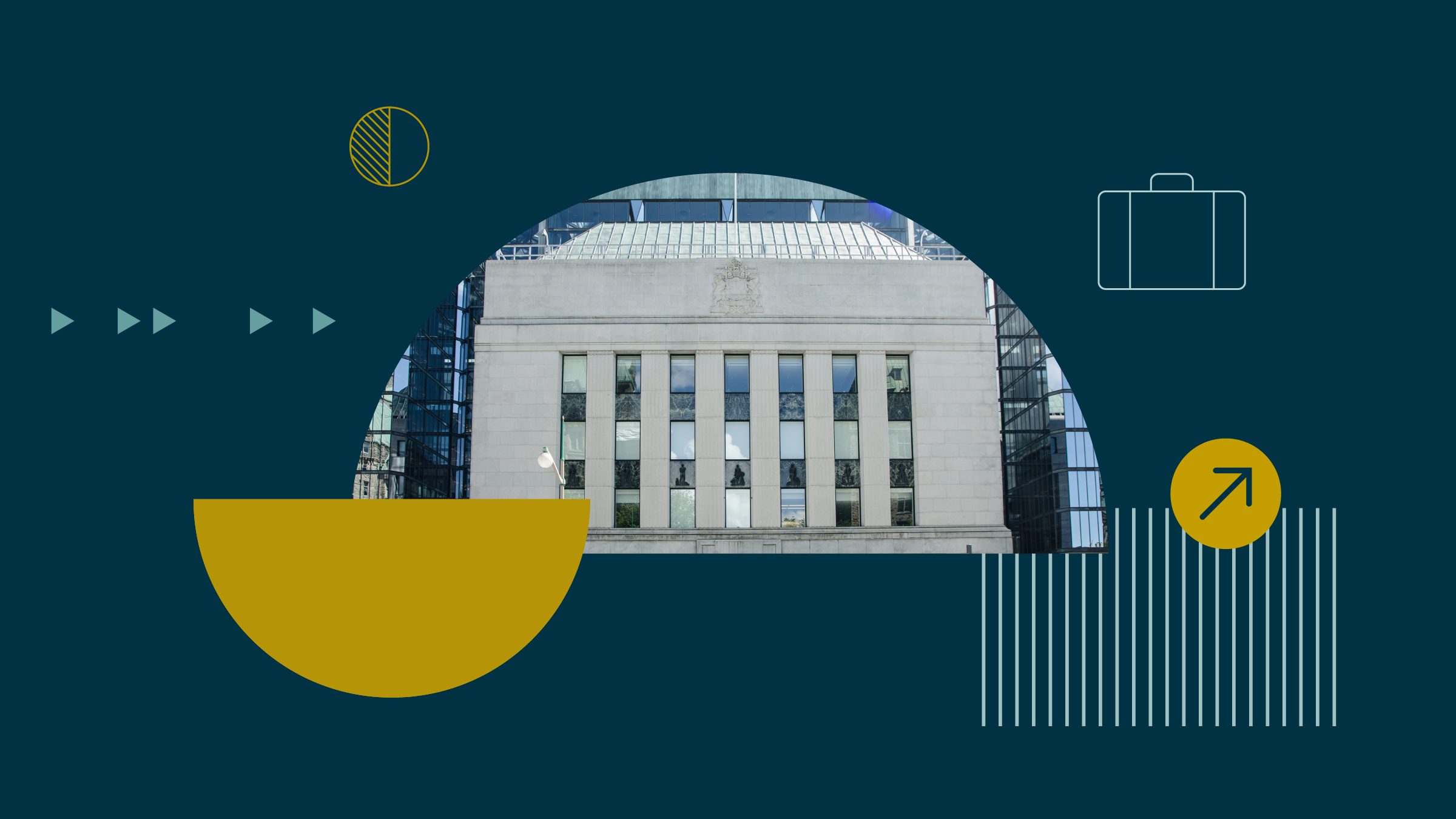
In the five weeks since stocks hit levels that, for now, are the low point of the current bear market, there’s been a change in leadership among best performing sectors.
For most of the first half of 2022, the only sector posting gains was energy, with utilities living up to their defensive reputation and posting the smallest losses among the 10 remaining sectors.
But since June 16, technology and consumer cyclical stocks are the leading sectors after being hit harder than the rest of the market in the first half of the year. Stocks leading the bounce include Amazon (AMZN), Tesla (TSLA), Home Depot (HD), and McDonald’s (MCD).
But the jury is very much out on whether it is just a relief rally or a more durable trend.
“We can see a fickle stock market that tends to show sentiment changes through rotations in sector leadership,” Invesco's chief global market strategist Kristina Hooper says. However, Hooper cautions that “it may not be predictive of the future” and says, “we are getting mixed signals.”
Since hitting their lows, stocks are responding to an easing of inflation expectations, Hooper says. But the key determinant to which sectors will lead in the quarters to come, and whether the stock market has seen its lowest levels, will depend on the economic backdrop and the Federal Reserve’s actions on interest rates. For now, “it’s hard to determine where we go from here,” she says.
At the market’s lowest point on June 16, Morningstar US Market Index was down 23.9% this year. The index has since gained 8.6%, with one third of the rebound attributed to technology stocks, and a fifth from the consumer cyclical sector.
Since then, the Morningstar US Consumer Cyclical Sector Index has led all others with gains of 7.5% as of July 20, while the Morningstar US Technology Sector Index was up 7.0%.
This marks a changing tide in the markets, as consumer cyclical stocks fell the furthest of any sector during the first half of the year through June 16, down 34.7%. Technology stocks fell 32.1%.

Boost From Declining Inflation Expectations
Hooper sees the bounce back in stocks as being driven by declining inflation expectations in the US Treasury Inflation-Protected Securities market.
The TIPS market provides a window into where people think inflation is headed through the breakeven rate, which compares yields on TIPS to their non-inflation-adjusted counterparts. The breakeven rate is essentially the expected rate of inflation for the time period covered by the bonds.
The five-year breakeven inflation rate dropped to 2.67% on July 20, down from a high of 3.60% in late March. Its current levels are much closer to the Fed’s long-term policy target of 2% inflation.
Since the market’s low in June, three of the five best performing industries in the market have come from the technology sector. “Any kind of easing of rate hike expectations can be a positive for tech stocks,” Hooper says.
A Temporary Relief Rally
Consumer electronics stocks, companies that manufacture and sell audio visual equipment, rose 18.5%, led by Apple (AAPL). The software infrastructure industry, which includes companies that develop and provide products for various business applications, gained 8.3%, as Microsoft (MSFT) gained 7.1%. The semiconductor industry was up 11.0% led by Nvidia (NVDA).
Hooper notes that some tech companies are starting to make prudent cost-cutting decisions, such as slowdowns in hiring.
“Large, fundamentally strong companies are keeping their financial houses in order,” she says. “Investors are reacting positively to those decisions.”
Nuveen’s chief investment officer Saira Malik says large tech companies with sound fundamentals can function as defensive stocks. “During the beginning of the coronavirus pandemic, people bought technology stocks that could continue to grow even when there was very little economic growth,” she says. “Given the aggressive Fed rate hikes, it’s too late to skirt a recession. But big tech stocks can provide safety.”
Still, Malik sees the recent sector rotation as “a temporary relief rally’’ with more bear market volatility ahead.
“This is not a market bottom,” Malik says. “Things are not going to go consistently up from here.” Signs of a bottom include stronger signals that inflation won't keep rising and strong economic data, Malik says. “Right now, we’re still in a period of volatility.”
More Than a Bear Market Trap
Jim Paulsen, chief investment strategist at the Leuthold Group, thinks the rotation in leadership is consistent with the idea that the worst declines of the current bear market are behind it.
“A lot of smart people think the current market rally is a bear market trap, but I think we’ve had our crescendo sell,” Paulsen says. “We’re seeing a watershed shift back to technology and other growth stocks.”
In the background, “the economy is changing its stripes toward slower growth, slowing inflation, and fewer upcoming interest rate hikes,” Paulsen says.
“Gas prices at the pump are headed down, and people are starting to notice,” he says. “That signals the Fed could get a little less aggressive on its tightening.” Paulsen says that a slowdown in interest rate hikes means less pressure for technology stocks.
Technology stocks are especially sensitive to rising interest rates because of their future earnings potential. High-growth tech stocks “are hit harder than value by interest rates because their cash flows are further into the future.” Through the first half of the year as the Fed pursued aggressive interest rate hikes, technology stocks fell more than the broader market.
Despite the uncertainty, Invesco’s Hooper notes that, “the Fed is driving this market environment. Watching the data that influences the Fed gives us a sense of direction,” she says. “That will help confirm where stocks are going next.”








.jpg)














